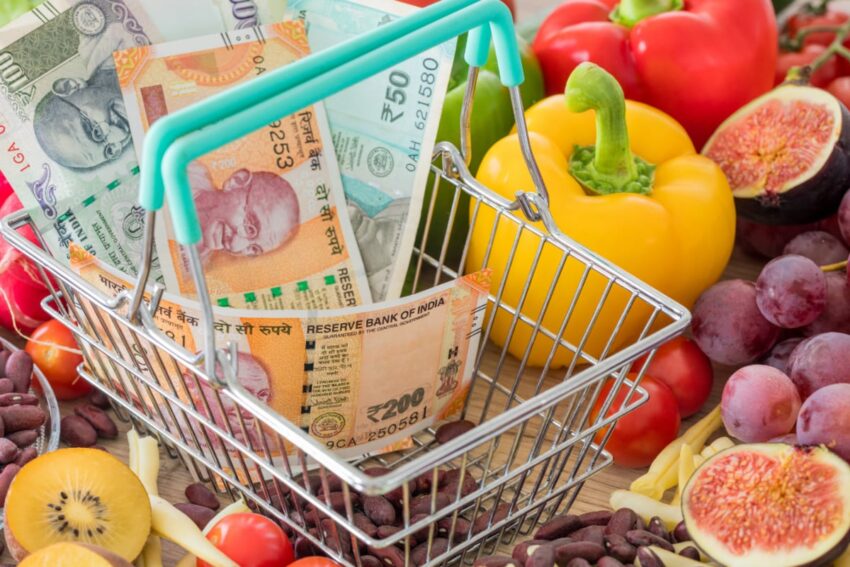According to the report, India, with its national index score of 57.0, is almost at the same level as August (57.6), displaying stability and resilience. India maintained its resilience by holding the second spot on the National Index, narrowly edging out Malaysia to be among the top 30 countries on the national index score.
Consumer sentiment in India remained stable in September, with no alarming changes from August, according to the LSEG-Ipsos Primary Consumer Sentiment Index (PCSI). This stability comes amid tough macroeconomic factors such as the global economic slowdown, Trump-era tariffs, and the new stringent policies on immigration and jobs implemented by the Trump administration.
The report further stated that 11 other countries have shown a National Index at or above the 50-point mark: Singapore (54.4), Sweden (54.4), Malaysia (54.1), Australia (53.9), the Netherlands (52.8), Mexico (52.7), the U.S. (52.4), Indonesia (52.3), Brazil (51.7), Poland (50.6), and Ireland (50.0).
Meanwhile, four countries showed a National Index below the 40-point mark: France (39.9), Japan (37.3), Turkiye (35.4), and Hungary (34.7).
The Global Consumer Confidence Index is calculated as the average of all surveyed countries’ overall or national indices. This month’s installment is based on a monthly survey of more than 21,000 adults under the age of 75 from 30 countries, conducted on the Ipsos Global Advisor online platform. The survey was fielded between August 22 and September 5.
Commenting on the report, Suresh Ramalingam, CEO of Ipsos India, said:
“Consumer sentiment in India has stabilised in September, following the anxiety and sharp decline witnessed in August. While global issues like Trump-era tariffs have had little direct impact on the average Indian consumer, domestic developments have played a key role in restoring confidence.”
He added, “The government’s announcement of GST 2.0 reforms earlier this month, now effective from September 22, could bring a sense of relief and optimism among consumers who have been grappling with the high cost of living despite some easing in food inflation.”
“With the onset of the festive season—Navratri, Dussehra, Diwali, Bhai Dooj, and more—consumers are likely to channel their savings from GST 2.0 into festive shopping and big-ticket purchases. This, in turn, is expected to drive higher demand across retail channels, benefiting both traders and brands.”
Ramalingam further explained, “Domestic consumption continues to be a strong engine for economic growth. The rationalisation of GST rates is a significant win for consumers, with the new standard slabs set at 5% and 18%. For instance, the reduction in GST on passenger cars from 28% to 18% will result in considerable savings—one of many examples of how these reforms are creating a more favorable economic environment for both consumers and businesses.”
https://www.news18.com/world/india-retains-its-position-as-global-leader-in-consumer-sentiment-ws-l-9592553.html
